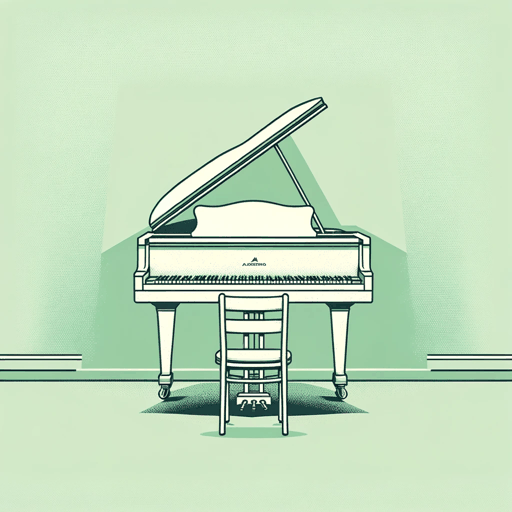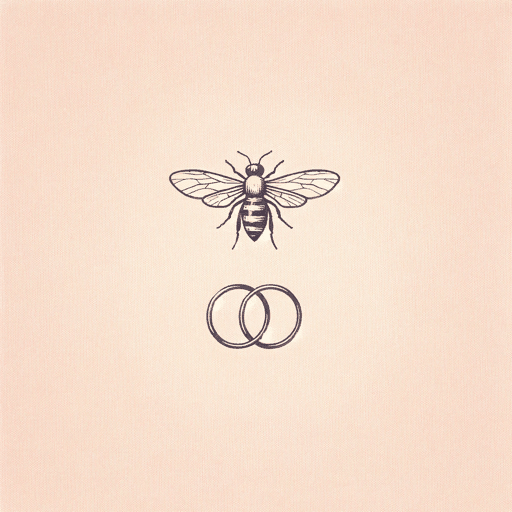51 pages • 1 hour read
Ann PatchettThe Dutch House
Fiction | Novel | Adult | Published in 2019A modern alternative to SparkNotes and CliffsNotes, SuperSummary offers high-quality Study Guides with detailed chapter summaries and analysis of major themes, characters, and more.
Important Quotes
“The drawing-room VanHoebeeks were the show-stoppers, life-sized documentation of people worn by time, their stern and unlovely faces rendered with Dutch exactitude and a distinctly Dutch understanding of light, but there were dozens of other lesser portraits on every floor—their children in the hallways, their ancestors in the bedrooms, the unnamed people they’d admired scattered throughout. There was also one portrait of Maeve when she was ten, and while it wasn’t nearly as big as the paintings of the VanHoebeeks, it was every bit as good.”
(Chapter 1, Page 5)
The VanHoebeek portraits are a symbol of the wealth and financial success Cyril feels in owning the house and its contents. Maeve’s placement among them represents Cyril’s efforts to solidify his place; that the portrait is not as big shows that Cyril is not quite successful in his efforts.
“‘The only way to really understand what money means is to have been poor,’ he said to me when we were eating lunch in the car. ‘That’s the strike you have against you. A boy grows up rich like you, never wanting for anything, never being hungry’—he shook his head, as if it had been a disappointing choice I’d made—‘I don’t know how a person overcomes a thing like that.’”
(Chapter 2, Pages 19-20)
In this interaction with Danny, Cyril communicates the idea that poverty and being a self-made person are character-building. Danny holds onto this idea for the rest of his life. This interaction shows the degree of alienation Cyril feels from his own children because they grew up rich. Cyril’s words also feed into Danny’s later idea that the loss of the wealth his father would have given to him is somehow ennobling.
“Logic said our mother’s absence had made her sick, and so logic concluded that further talk of our mother could kill her. The Dutch House grew quiet.”
(Chapter 2, Page 29)
Maeve’s diabetes is a disease caused by a biological process; despite this fact, the Conroys and their staff freight her illness with symbolic significance; this is just one example of how the Conroys process mundane, ordinary experiences by retelling them in terms most associated with magic and fairy tales.
Related Titles
By Ann Patchett

Bel Canto
Ann Patchett

Commonwealth
Ann Patchett

Run
Ann Patchett

State of Wonder
Ann Patchett

The Magician's Assistant
Ann Patchett

The Patron Saint of Liars
Ann Patchett

These Precious Days: Essays
Ann Patchett

Tom Lake
Ann Patchett

Truth and Beauty
Ann Patchett

